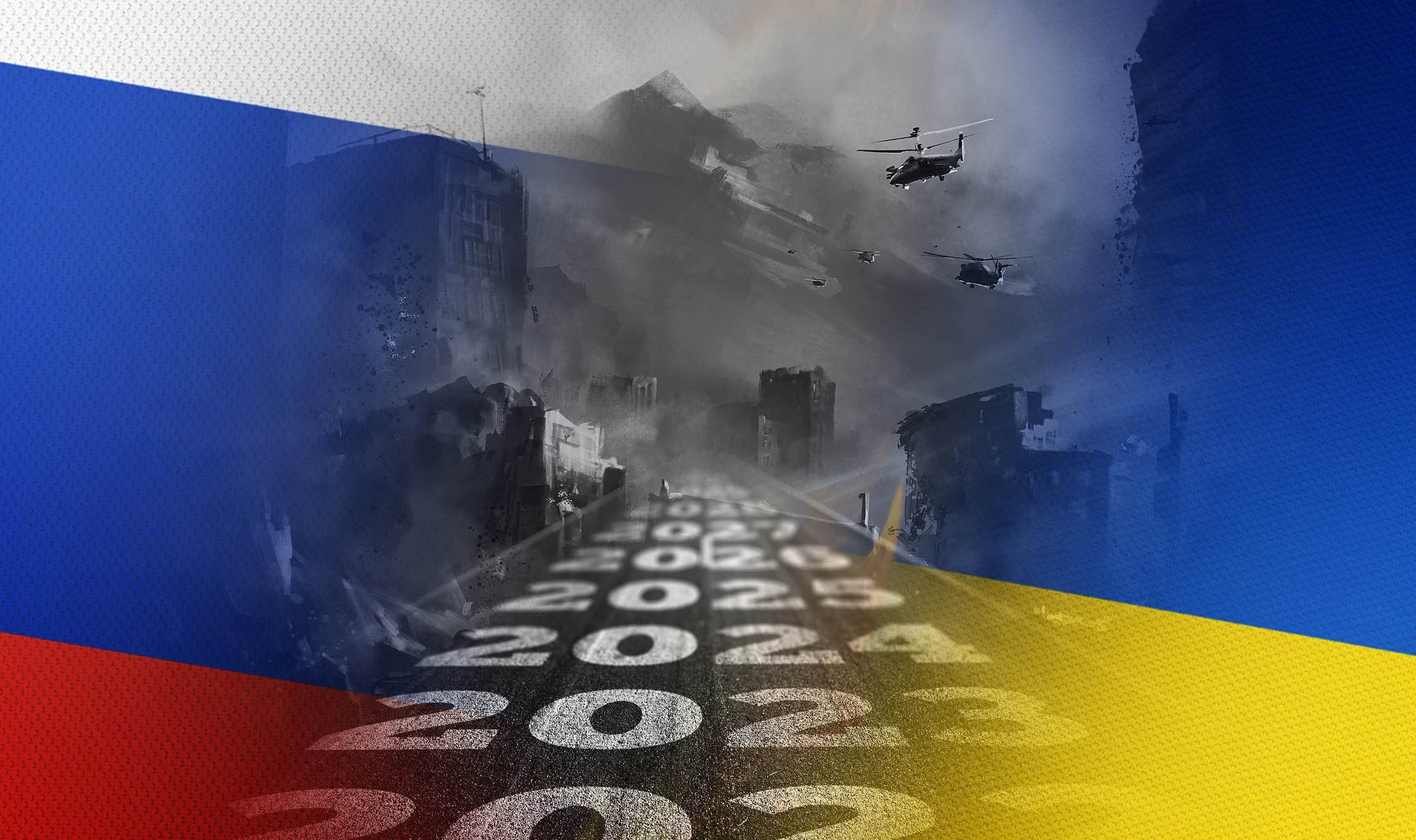Hussein Al-Tayy: Political researcher
The Russian invasion of Ukraine affects the MENA region in three key fields: Political negotiations, military action, humanitarian assistance and food security, and oil and gas supplies have become clear that the multidimensional repercussions so far are limited to the political and economic sphere, but are also more noticeable in the energy sphere, with the parties to the conflict repositioning against each other and the outside world. The region’s already tense economies and social contracts may have uneven and fluctuating repercussions and could be devastating in some countries of the Middle East. Significant increases in wheat and fuel prices, with uncertain political implications, are the main effects of the war in Ukraine so far on the region. Some Middle Eastern countries are overly dependent on food and energy imports, leaving them particularly vulnerable to economic shocks as a result of the Ukrainian crisis, some States purchase large quantities of wheat from Ukraine and Russia. While some like the Gulf Arab states, including Iraq, have large reserves, others, such as Lebanon, have no reserves, which makes the probability of the country’s shortage very real. In this paper, we address the economic and political aspects of this crisis in two important ways:
Its consequences in the Arab region, especially in the field of energy and food.
Their influence at the political level.
Leveraging Energy Source
The war saw oil prices rise to a 14-year high. This has led to high inflation and a downturn globally, and the energy-rich Gulf states come after 8 years of economic stagnation caused by lower oil prices and the Corona pandemic.
The extra money means Gulf states will have a budget surplus for the first time since 2014. Economic growth is also expected to accelerate significantly. For example, the Saudi economy grew by (9.9%), the highest growth rate in a decade. In stark contrast, the U.S. economy contracted by (1.5%).
The war has also provided opportunities for gas producers in the region. For decades, European countries have chosen to import gas from Russia via pipelines rather than ship it from countries far by sea. But as Europe seeks to stop relying on Russian gas, it is looking for potential new partners to buy from. Qatar has pledged to provide half of its total gas capacity to Europe within 4 years.
The EU has also signed gas deals with Egypt and Israel (occupied Palestine), both of which aspire to be a natural gas hub in the region, and on a visit to Paris this month, UAE President Sheikh Mohammed bin Zayed signed an agreement guaranteeing the export of diesel from the UAE to France.
Russian energy resources and their role in Influencing the energy market
Both Russia and Ukraine make up a large proportion of global exports of a large number of strategic goods. Russia is a primary source of natural gas and second the largest exporter of crude oil. Russia accounts for about 25% of global natural gas exports, 18% of coal exports, 14% of platinum exports, and 11% of world crude oil exports, the potential risks would therefore lead to pressures for a sharp decline in the supply of these goods, which in turn this will hinder construction, petrochemicals, and transportation, which would also reduce economic growth.










